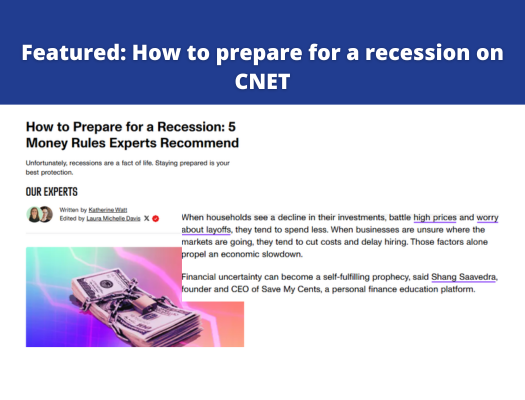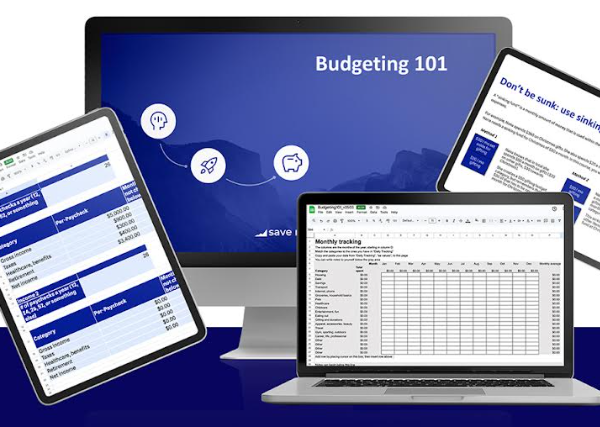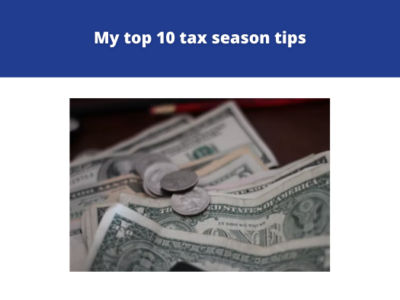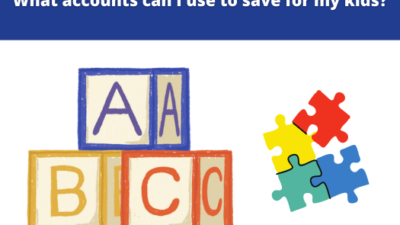Introduction: Today’s post features a guest blogger, Emily (@emilyherself on Instagram), who reached out to me to share her personal experience with domestic violence. I am so honored that she chose my platform to help share her story. We do this with the hopes that it can reach and help someone out there. Financial abuse occurs in over 96% of domestic violence cases, but is often not recognized as abuse. I hope that we can continue changing the conversation.
Here’s Emily’s story.
October is Domestic Violence Awareness month, and I’m here to talk about my experience with financial abuse. It’s not something I ever thought I’d go through, up until last year when I realized I was a victim.
My ex-husband was a high earner, and we relocated about 1000 miles for his job in the middle of the COVID-19 pandemic. I had quit my job as an independent contractor and let go of my side hustle to coordinate our move. Once we landed in the Midwest, the cases of COVID-19 swelled up and finding a job became impossible. I spent about eight months sending out my resume, only to not hear back from companies or receive formulaic rejections.
A complicating factor to discerning my financial abuse was that we were actively trying to grow our family. We had been diagnosed with infertility, and were going through the process of fertility treatments. Those are not easy and all of the early morning appointments, precisely timed injections, and mood swings complicated the job search even more. I was so down from all of the rejections, my ex-husband encouraged me to stay home for a while.
While I was home full-time, the financial abuse ramped up. I once had a pretty unlimited budget for groceries, though I would still often structure our meals around what was on sale. My ex-husband was suspicious that I was spending too much, so he started surveilling my grocery trips by coming along with me.
He would discourage me from spending money without his presence, though he did not use those words for it. If I did have to spend money and he couldn’t be there, he would ask for receipts. He told me this was a budgeting strategy, but looking back I can see that it was a way to assert power over me through money.
My ex-husband had also slowly cut me off from all our assets, like our joint savings account. He made it so I could not access it anymore. He did this with a slew of resources, either transferring them into his name or revoking my control over them. I trusted him, so I didn’t look into this too much. Emotional abuse had also increased and the tension between us crescendoed. He cut me off from every account except my checking account, which had about $100 in it.
It was at this point I fully realized what he had gotten away with. My ex-husband had been able to financially back me into a corner. I had to borrow money from a family member to be able to pay the retainer for a divorce attorney.
So what I want you to take away from this post is that financial abuse can happen very easily. It can happen quickly, in large and small ways, and often occurs before you even realize you are a victim.
VeryWellMind.com defines financial abuse as “controlling a victim’s ability to acquire, use, and maintain financial resources”. They say that “In the end, the goal is always the same—to gain power and control in a relationship.”
Here are some other situations which are other examples of financial abuse:
- Running up credit card debt and not communicating with you about it.
- Taking money from your wallet or purse without asking.
- Opening credit accounts under your name and social security number without permission.
- Not letting you work outside the home.
- Promising to pay you back and not following through.
- Interfering with your performance at work by distracting you during work hours, showing up at your place of work, etc.
- Sabotaging your job search.
- Instituting an “allowance” you’re not okay with.
If you think your partner is showing signs of being financially abusive, I recommend speaking with a domestic violence advocate, a therapist, or a trusted mentor immediately. Financial abuse often escalates into other types of abuse, and does not improve over time. Act really carefully if you suspect your spouse is financially abusive.
Although my time since leaving my ex-husband has had its ups and downs, I am grateful every day that I was able to make it out from the financial abuse that stifled me for so long.
Personal finance and relationships can affect each other greatly; follow @savemycents on Instagram and @savemycentsfb on Facebook for more information on these important connections.










